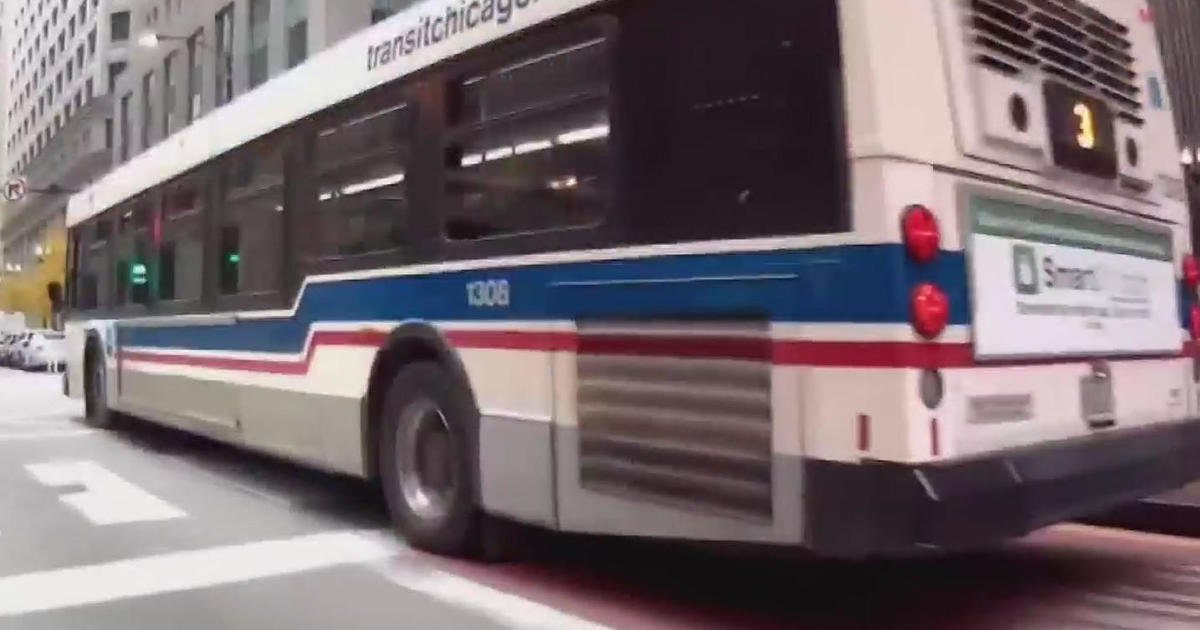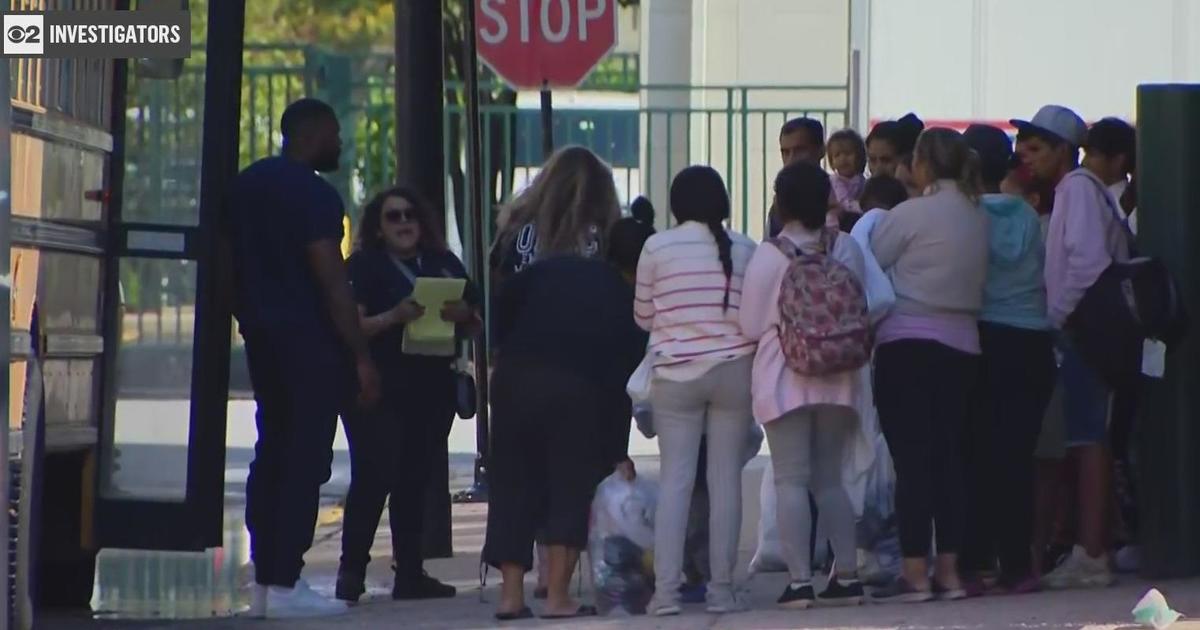CTA Warns Of Massive, Across-The-Board Cuts If Federal Funding Doesn't Come Through
CHICAGO (CBS) -- The Chicago Transit Authority on Tuesday was warning of massive, across-the-board cuts.
The transit agency is facing an unprecedented deficit of nearly $400 million, and federal funding seems to be the only lifeline. On Tuesday, CBS 2 Investigator Megan Hickey dug into the numbers.
Empty bus shelters and train cars are a familiar sight in Chicago, and in cities across the country that are starting to outline their doomsday service cuts.
"You're not sure whether you should sit down on the chairs, or you should touch the thing, and then it's like, 'Don't stand in the doorway, but you're like: 'OK, so what do? What do I do?" said CTA rider Denzel Tsopnang. "And you could just see the fear and everyone else's eyes as we're all trying to get as far from each other as possible."
Tsopnang, an actor, said it took months for him to get back on the 'L' after he got COVID-19 in March. And he's not alone.
Overall CTA ridership through the end of September is down 53 percent compared to the same period in 2019.
But now, Tsopnang is back to relying on the CTA to get to work.
"When I'm not working as an actor, sometimes I have to temp," he said. "I think that if they cut back on the CTA, that would affect, literally, the working-class people. They don't have a choice about whether or not they have to go to work."
The Metropolitan Transportation Authority in New York City warned that it might have to cut subway and bus service by 40 percent.
Boston's Massachusetts Bay Transportation Authority said it has considered cuts to weekend service on the commuter rail and shutting down the city's ferries.
And in Chicago, the CTA said without additional federal funding, it is very unlikely that they could address their shortfall without "massive, across-the-board service reductions."
"So they were able to sail through with the full schedule - as you mentioned, CTA kept a full schedule," said Dr. P.S. Sriraj, Director of the Urban Transportation Center at the University of Illinois at Chicago.
Sriraj said the $817 million in federal funding that the CTA received in March kept them afloat.
"But at the same time, if there is a no opportunity to get another shot of federal money for covering the operating expenses into next year, this is going to happen," he said.
Sriraj said transit agencies need to be preparing for the worst-case scenario, and crossing their fingers that a future COVID relief package ropes them in.
"We are absolutely going to feel it," Tsopnang said.
CTA ridership is up slightly from its worst point during the pandemic, where was down nearly 80 percent.
It is unclear how much time the CTA has before it might have to make cuts. While nothing is set in stone right now, the CTA said the federal funding they got in March will continue to support service into early 2021.
The CTA released the following full statement on this subject:
"Throughout the COVID-19 crisis, CTA has kept buses and trains running on a normal schedule. In fact, we're one of the few transit agencies in the country that has not reduced scheduled service during the pandemic. Furthermore, we've increased the frequency or added longer buses and trains on some bus routes and train lines to help reduce overcrowding and ensure those who rely on most could still get where they needed.
"The $817M in federal funding we received in March 2020 was critical to maintain our operations, and will continue to support service into early 2021. But like agencies across the country, the CTA faces a huge, unprecedented deficit of nearly $400M for next year. Without additional federal funding, and given the size of our projected deficit, it is very unlikely that we could address that shortfall without massive, across-the-board service reductions.
"As for ridership, through the end of September, overall ridership across the bus and rail system is down 53% compared to the same period in 2019. Ridership dropped significantly at the start of the pandemic, and was down as much as nearly 80 percent. Although ridership has gradually returned, it is still far below normal levels. For example, ridership for the month of September was down 67 percent compared to September 2019."
Also From CBS Chicago:
- Police Release Surveillance Video Showing 3 Of The Attackers Who Shot, Killed Retired Fire Lt. Dwain Williams During Carjacking Attempt
- Woman Finally Gets Job After 10 Months, But Is Now Being Ordered To Pay State $31,000 Back -- And Blames Fraud
- Chicago Man And Other Business Owners Step In To Help Witnesses Of Crime Afraid Of Retaliations; 'I Need To Do Something'



